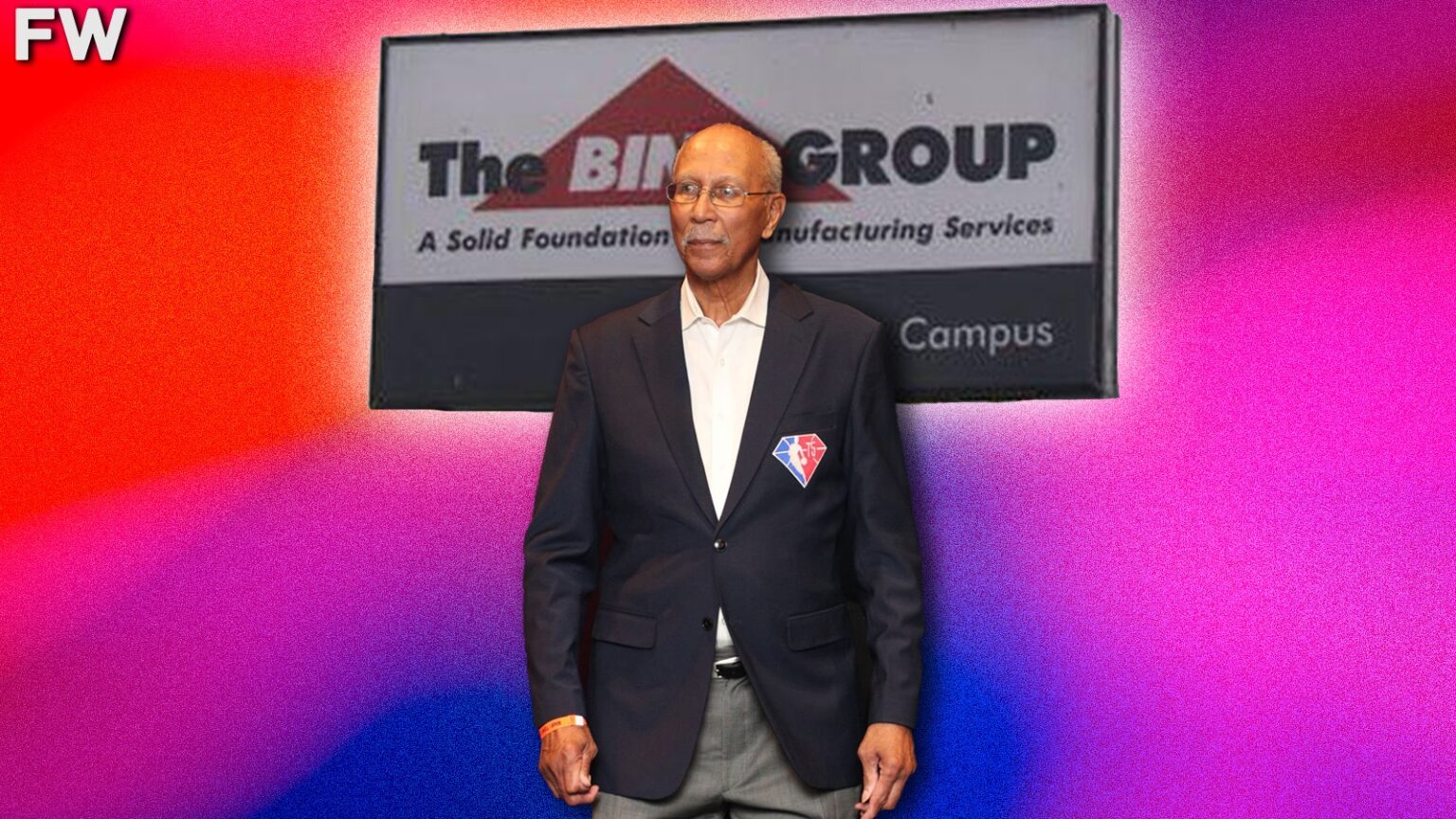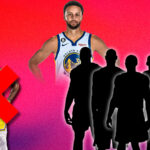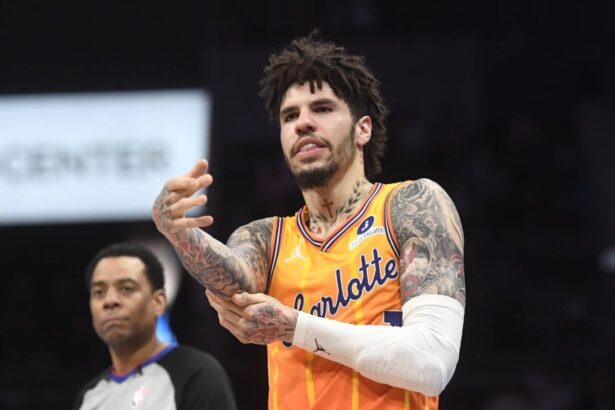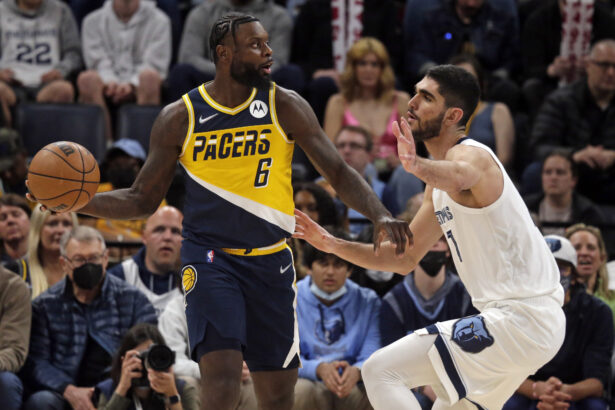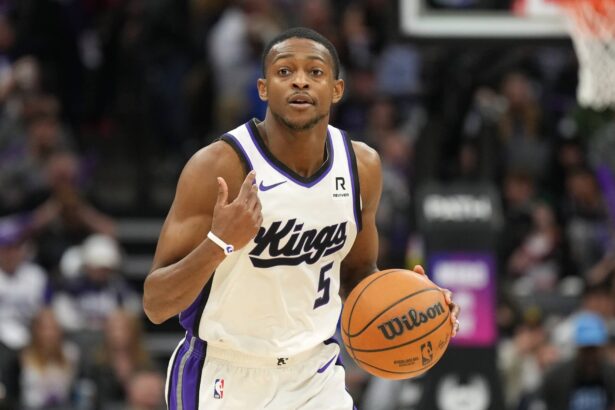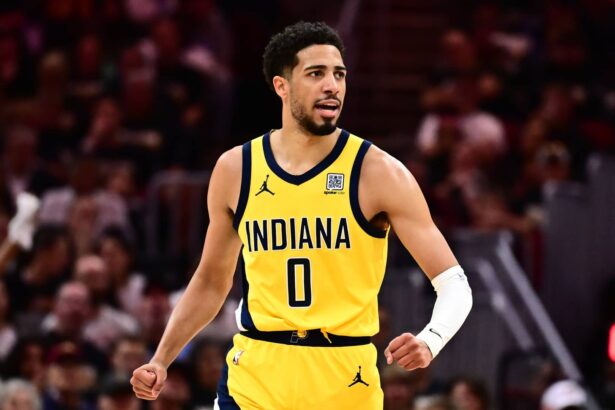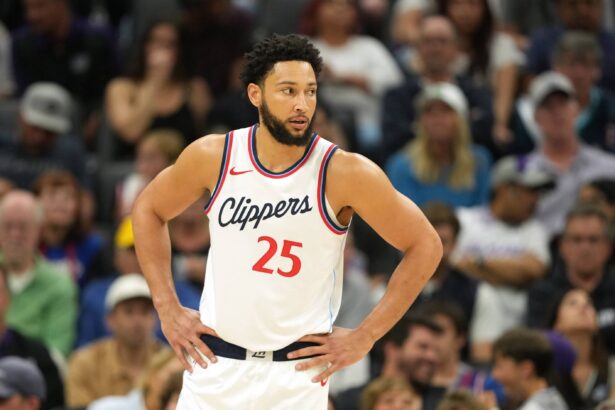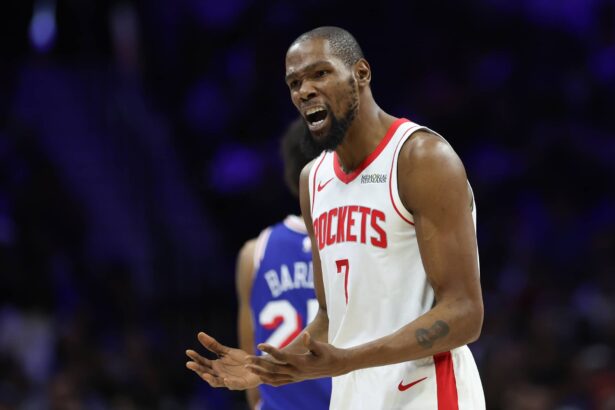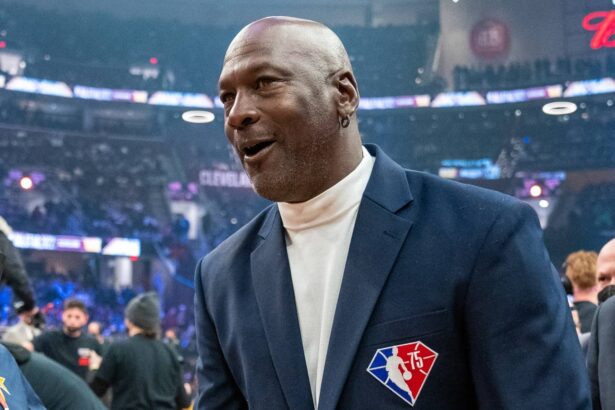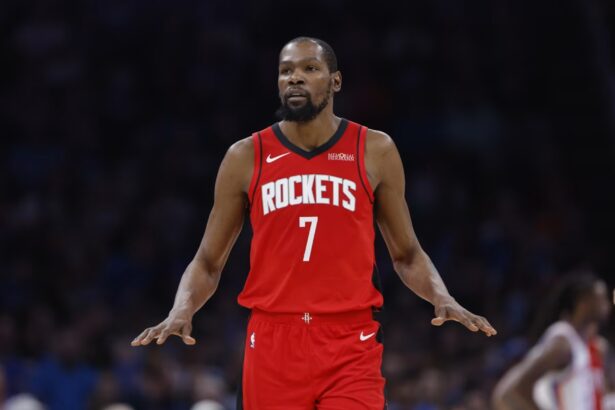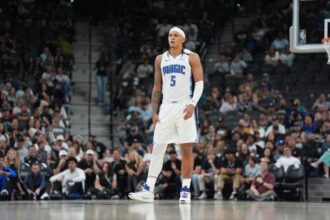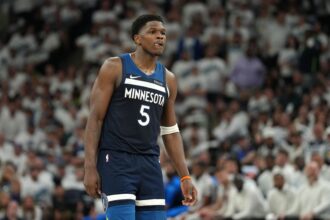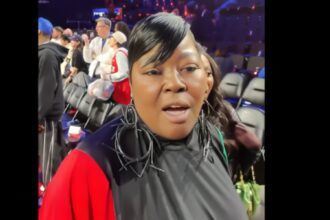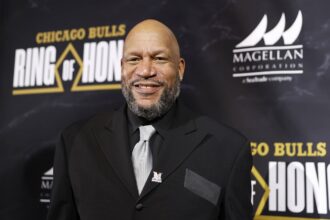Dave Bing is a name that many basketball fans will recognize. He was an NBA star who played for several teams during his career, including the Detroit Pistons and the Washington Bullets.
But what many people don’t know is that after his basketball career ended, he went on to become a successful businessman in the steel industry. In this article, we will take a closer look at the inspiring story of Dave Bing’s Bing Steel, the company he founded after retiring from basketball.
We’ll explore how he turned his passion for entrepreneurship into a thriving business and how his leadership skills and determination helped him overcome obstacles along the way. By the end of this article, you’ll be inspired by Dave Bing’s journey from NBA star to steel industry leader, and you might even pick up some valuable lessons that you can apply to your own business or personal life.
Bing Steel: Dave Bing’s Post-Playing Success
Dave Bing is known for his outstanding basketball career, which lasted for 12 years and saw him play for the Detroit Pistons, Washington Bullets, and Boston Celtics. He was inducted into the NBA Hall of Fame in 1990, cementing his place as one of the greatest players of all time.
But Dave Bing’s story doesn’t end there. After retiring from the NBA, he took on a new challenge – building a successful business in the steel industry. Bing Steel, the company he founded in 1980, has become one of the most respected names in the industry, known for its high-quality products and exceptional customer service.
What makes Bing’s story so inspiring is the fact that he was able to transition from a successful career in sports to a completely different industry and achieve the same level of success. It takes a lot of courage, determination, and hard work to start a business from scratch, and even more so when you’re doing it in an industry that you have little to no prior experience in.
Bing started to focus on the steel industry right after he retired from the NBA. He got a job at Paragon Steel and worked for just modest pay.
Bing could have stayed on this path and worked as a normal employee until it was time to retire from working for good. But Bing’s passion for excellence and his commitment to excellence drove him to succeed.
So, in 1980, Bing opened his own steel company, known as Bing Steel. The company started off small, with just four employees and a rented warehouse. To achieve this, Bing had to pay $80000 out of his own pockets, and he obtained $250,000 in debt.
Starting any business is a challenge, but starting a steel business in a declining industry is even more daunting. Bing faced numerous hurdles when he began Bing Steel in 1980.
He had to find investors who believed in his vision and were willing to contribute the necessary funds to get the business off the ground. Despite his NBA success, Bing did not have much of a background in steel, so he had to surround himself with experts in the field who could help him navigate the complex world of steel manufacturing.
Even with all of these obstacles in his way, Bing remained committed to his vision for Bing Steel. He worked tirelessly to build relationships with customers and suppliers, to improve the efficiency of his manufacturing processes, and to find new ways to differentiate his business from competitors.
The company struggled at first, as Bing lost all of the money he personally put in the first six months. He eventually switched Bing Steel from being a steel manufacturer to becoming the middleman for other companies, including General Motors.
In its first year, Bing Steel had just four employees and earned $1.7 million in business. By 1985, Bing Steel had 63 employees and earned $40 million in profits.
Through hard work and perseverance, Bing was able to turn his steel business into a thriving enterprise that provided jobs and economic opportunities for many people in the Detroit area. This led to Bing expanding his business into what is now called the Bing Group.
The Bing Group works with the Big Three American automakers, as well as several Japanese automakers. The group also works as a manufacturer of office furniture and appliances.
The Bing Group’s primary functions are shaping steel, stamping parts, and assembling components. Bing has turned his small company into one of the largest African-American-owned firms in America.
The Bing Group reported earnings of $344 million in 2002, and in 2007, Bing sold the company as he planned to take on the next challenge of his life… Becoming the 74th mayor of Detroit, Michigan.
Bing’s tenure as mayor may not have ended well, as he decided not to run for re-election in 2013, as Detroit became the largest city in American history to declare for bankruptcy. Still, you can’t deny his success in the steel industry and how he inspired other African American business people to achieve their business goals.
We sincerely appreciate and respect you as a reader of our site. It would help us a lot if you follow us on Google News because of the latest update.
Thanks for following us. We really appreciate your support.

